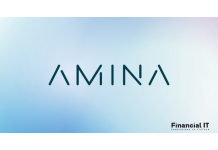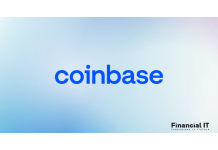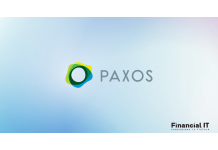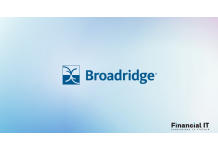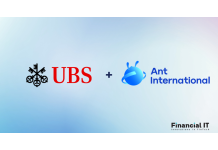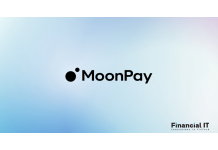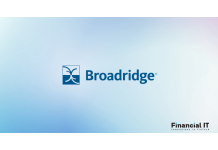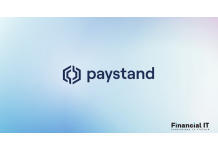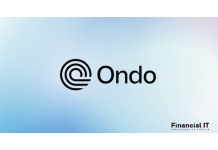AMINA Bank Unveils Web3-Native Partnership Programme...
- 16.12.2025 01:15 pm
Coinbase Selects Chainlink CCIP as the Exclusive...
- 15.12.2025 12:45 pm
Paxos Acquires Fordefi to Build the Custody...
- 01.12.2025 08:10 am
Broadridge’s Tokenization Capability Enables Societe...
- 18.11.2025 02:05 pm
UBS and Ant International Partner on Blockchain-Based...
- 17.11.2025 10:25 am
MoonPay Launches Enterprise Stablecoin Services,...
- 14.11.2025 09:25 am
Diversification Replaces Speculation as Core...
- 12.11.2025 08:55 am
Broadridge’s Distributed Ledger Repo Platform...
- 10.11.2025 10:25 am
Paystand Acquires Bitwage to Make Stablecoins...
- 10.11.2025 08:55 am
Chainlink Collaborates With FTSE Russell to Publish...
- 04.11.2025 01:20 pm
Ondo and Chainlink Announce Landmark Strategic...
- 31.10.2025 10:05 am
Fireblocks Acquires Dynamic: Accelerating Onchain...
- 24.10.2025 11:05 am


